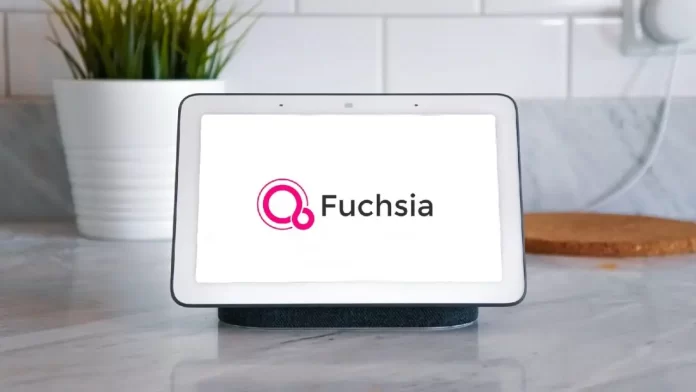Google is stirring the pot with a surprising move in the world of operating systems. According to reports, the tech giant is planning to run its experimental Fuchsia OS virtually on top of existing Android devices. This unexpected development has set tongues wagging, leaving many to wonder: what’s the game plan here?
For years, Android has been the undisputed king of Google’s mobile kingdom, powering billions of smartphones and tablets. But in the shadows, Fuchsia OS has been quietly simmering, shrouded in mystery as a potential successor or alternative to Android.
So why the virtual switcheroo? Running Fuchsia OS on top of Android offers Google a few intriguing possibilities. Firstly, it acts as a giant testing ground. Google can unleash Fuchsia OS into the real world without disrupting the user experience of its massive Android user base. This real-world testing could be invaluable in refining Fuchsia OS before a potential full-fledged launch.
Secondly, this approach could pave the way for a smooth transition from Android to Fuchsia. Imagine a scenario where users gradually get accustomed to Fuchsia OS features running virtually alongside their familiar Android environment. This could ease the adoption process for both users and developers alike.
But the virtual route isn’t without its potential roadblocks. The biggest concern? Performance. Running two operating systems simultaneously could put a strain on device resources. Additionally, managing a virtualized environment adds a layer of complexity that Google will need to navigate smoothly.
Despite the uncertainties, Google’s decision to virtually integrate Fuchsia OS with Android is a fascinating step forward. It signifies the company’s active exploration of the future of its software landscape. Here’s what this move could potentially mean:
- A unified operating system across Google’s devices: smartphones, tablets, laptops, and even smart home devices – all potentially running on a single, future-proof platform.
- Enhanced security for specific applications or tasks: Fuchsia OS, running virtually, could offer a more secure environment for sensitive activities.
The success of this strategy hinges on Google’s ability to optimize performance and minimize the drawbacks of virtualization. As Google continues its Fuchsia OS experiment, the tech world will be watching with bated breath to see how this strategy unfolds and shapes the future of Google’s operating systems.

